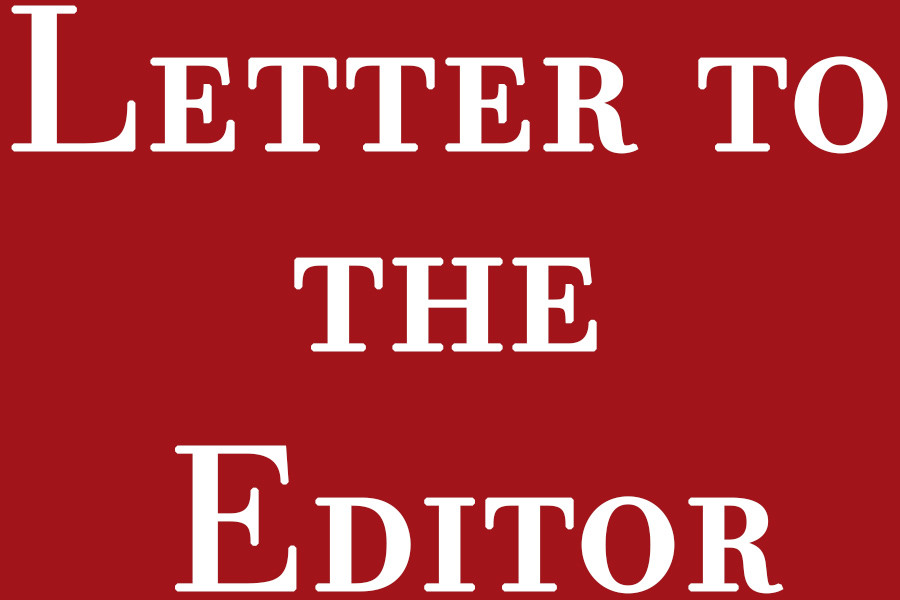Letter to the Editor: NYUAD travel ban
September 24, 2015
Matthew Silverstein’s and John Beckman’s responses to the WSN editorial on my Abu Dhabi travel ban are each troubling in their own ways.
In his letter, Silverstein advances his own understanding of what academic freedom is, and he invokes the AAUP (American Association of University Professors) in support of that view. He is surely entitled to his personal definition, however anemic, but he is badly misinformed about the AAUP’s position, and he does faculty and students a disservice by misrepresenting the association’s standpoint. According to its policy statements, issued over the course of a full century of deliberations, the AAUP’s interpretation of academic freedom covers four kinds of speech: teaching, research, intramural expression (which might, for example, include criticism of an administration’s policies) and extramural expression (which speaks to academics’ professional obligation to share their knowledge and opinions with the public). As it happens, the national AAUP was sufficiently dismayed by my travel ban to issue a public statement and to send two letters from its Committee A (on Academic Freedom) to the administration about perceived violations of academic freedom. Contrary to his claim, AAUP is not in accord with Silverstein’s very narrow interpretation of academic freedom–indeed, the association is clearly at odds with it.
Beckman’s letter acknowledges the limits of NYU’s influence in Abu Dhabi, but implies it is legitimate, albeit unfortunate, for the UAE state to ride roughshod over the principle of academic mobility (internally, this tendency has resulted in the detention and persecution of Emirati intellectuals–for example, Nasser bin Ghaith, an economics lecturer at the Sorbonne Abu Dhabi, was arrested again last month and his whereabouts are unknown). What is the likely upshot of NYU’s deference to this exercise of state power? UAE authorities will be left to decide which kinds of research in the Emirates are appropriate and which are deemed unacceptable.
It is simply not enough to express regret at this outcome, as Beckman does, or to assert, as is habitually done by other administrators, that transparency is not part of UAE’s “culture.” NYU faculty and students deserve, and should require, much more clarity on these matters. Otherwise, it is all but certain that they will be disinclined to take on research likely to be viewed with disapproval by state authorities. In the case of field research that I was blocked from undertaking, who will now go to labor camps and worksites to study the conditions of migrant workers (90% of the UAE population) and report publicly on their findings?
The NYU community needs more solid assurances than Beckman or John Sexton have provided about the protection of our speech. In addition, the administration should make available the initial contract that President Sexton signed with the Abu Dhabi authorities, along with the agreement regarding academic freedom that was hastily worked out in advance of the opening of NYUAD. Such steps would be in keeping with the principles of access to information that a robust and confident university should embrace and uphold.
Andrew Ross is a professor at NYU New York and is the president of the NYU chapter of the American Association of University Professors.



























































































































































